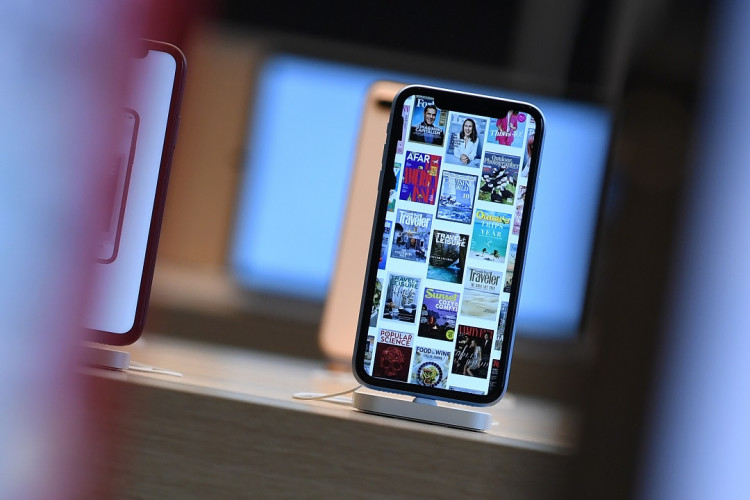iPhones in need of fresh batteries will soon be forced to proceed to the nearest Apple store since replacing it yourself won't do anything for your device. Apple has activated a "dormant software lock" that effectively kneecaps third-party replacement batteries on some newer models of iPhone, according to a new report.
According to iFixit, replacing a battery in the iPhone XR, XS, or XS Max generates a "service" message saying the phone is "unable to verify this iPhone has a genuine Apple battery." The phone will also not display any battery health readings.
Your gadget, essentially, will stop working due to the change on the chip of the battery. This chip is responsible for relaying different kinds of info, such as your phone's temperature and battery cycle, and a special authentication feature that pairs the battery with a specific phone.
The report mentions that even if you use a genuine Apple battery, your phone still won't work. You'll have to take it to an Apple store or any service center so long as it's authorized by Apple, where they can "unlock" your phone for you and get it to start working.
Basically, Apple leaves its users with no other choice but to force them into a "user-hostile choice." But it's not the first time the Cupertino tech giant did this. It had previously blocked third-party repairs before, such as the replacement screen issues of the iPhone X and the "error 53" bricking issue.
Actually, other companies have started doing this - requiring their consumer's direct manufacturer intervention to fix whatever it is you bought from them. It's one way of raking in more money from a product or type of service, and it actually has a name: "right to repair."
This "right to repair" movement aims for the regulation and legislation that allows first-party companies to do their own repairs, diagnostics, service manuals, and maintenance.
The US House of Representatives is investigating this issue as part of antitrust and competition issues in big tech. But for now, right to repair legislation at either the federal or state level has yet to become the norm.
Apple seems to be a participant of this whole ordeal, but it has also implied that everything it does is not all about revenue, but it also values consumer trust.
"We want to make sure our customers always have confidence their products will be repaired safely and correctly, and in a way that supports recycling," a rep for Apple said this week. It's only a matter of time before we see how Apple users react.






